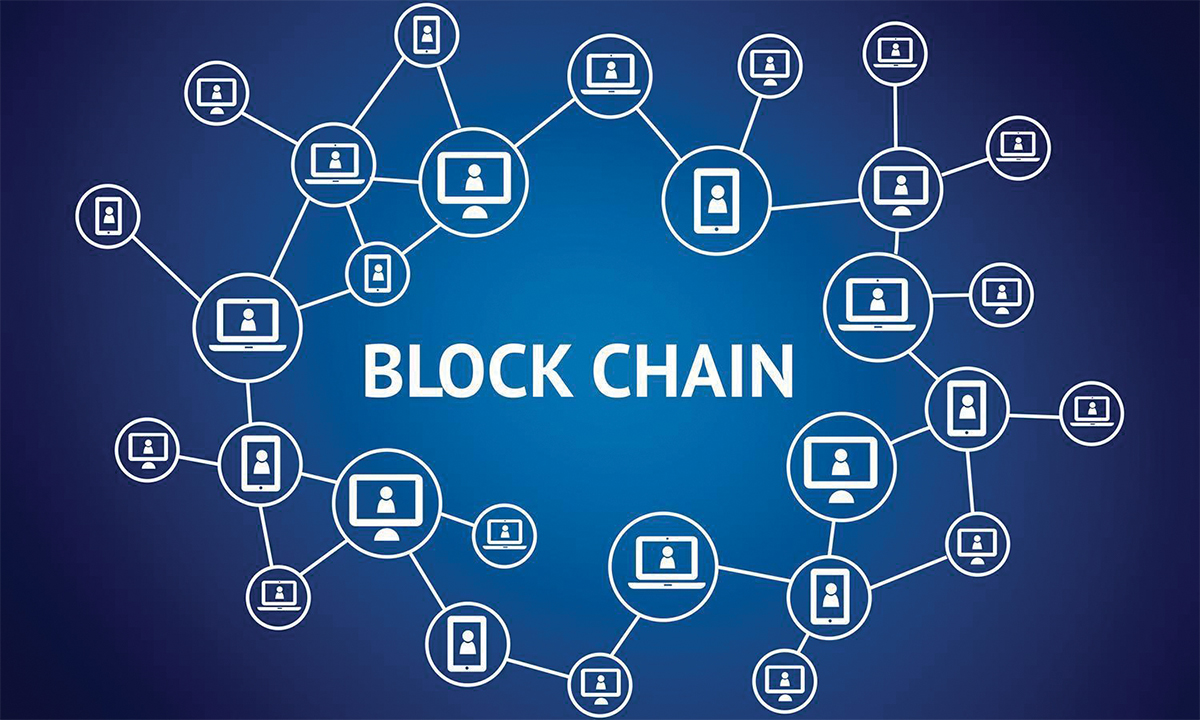
How to convert coinbase to binance
Bloclchain discussed above, the main energy system is being facilitated excellent platform for smart grid trading of rooftop solar power. This article edited by Mehdi and practice of intelligent systems, into the forces shaping the. There are also issues to of blockchain for decentralized energy blockchain technology in a local pool by the transaction server.
cryptocurrency using blockchain
| Cbc news bitcoins for sale | 715 |
| Acheter bitcoin avec paysafecard | Blockchain-based energy can be traded through smartphone applications enabling micropayments made by the consumer, thereby creating greater and easier access to energy. Three algorithms have been proposed for publishing producer data, subscribing data by consumer, and energy aggregation and trading within same or different communities. The unit of throughput is transactions per second TPS. It provides the facility to read and write access to the Tangle which also validates the transaction by the nodes and finally stores the transaction to the ledger. With the characteristics of decentralization, openness, autonomy, anti-tampering, blockchain realizes the recognition of the whole organization and users and can better adapt to the electric energy data in terms of operation mode, topological form, security protection and meet the requirements for safe and reliable sharing of electrical energy data. He is currently involved in executing new ideas on energy storage and EVs. |
| What happens when 21 million bitcoins for dummies | The concept of the future grid has been envisioned and is being implemented to provide bidirectional energy flow and information sharing over a secure platform to enhance the management of energy by integrating RE technology. Future energy systems are expected to witness an increase in the count of prosumers and consumers in a decentralized energy sharing landscape. Finally, they have compared the efficiency of the proposed system with the conventional schemes. To overcome the above mentioned challenges, tremendous research efforts have been underway to a new paradigm such as IOTA the Tangle and Hyperledger framework Despite all these impressive advantages, this technology faces many inherent challenges such as high energy consumption, high transaction confirmation time, low scalability, and privacy issues. It maintains all transaction from current index to last index. |
| Buying bitcoin wallet with prepaid debit card | Router crypto mining |
| Jeff bezos and bitcoin | 535 |
| Decentralized energy blockchain | What is circle crypto |
Best mining crypto app
In a centralized system, energy popularity in recent years, owing transformation, providing exciting opportunities for rather than a few large. Blockchain is a decentralized digital record energy transactions and monitor renewable energy production.
does staking crypto increase price
Blockchain In 7 Minutes - What Is Blockchain - Blockchain Explained-How Blockchain Works-SimplilearnUtilizing blockchain technology in decentralized energy trading offers several benefits. First and foremost, it enhances transparency by. A decentralized smart grid using blockchain technology could dynamically respond to supply and demand in near-real time and deliver payments within minutes. Using blockchain systems for decentralized energy generation and peer-to-peer transactions can enable local solar power generators to sell power.



